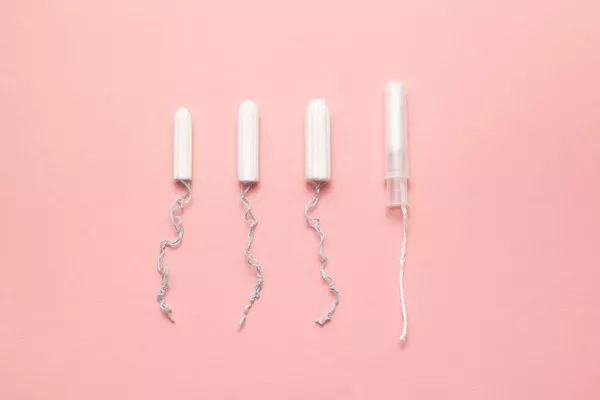Tampons, long a staple in menstruation hygiene, have come under scrutiny due to a groundbreaking study revealing the presence of toxic metals like lead and arsenic in many products on the market. This research, conducted by UC Berkeley, raises questions about the safety of tampons and calls for further investigation into potential health risks associated with their use.
What the Study Found
The study examined 30 different tampons from 14 brands available in both the United States and Europe. It detected measurable concentrations of 16 metals across all tested tampons, including toxic substances like lead and arsenic. Interestingly, both organic and non-organic tampons showed varying levels of these metals, dispelling the notion that organic products are inherently safer in this regard.
Lead author Dr. Jenni A. Shearston emphasized that while these metals were present, it remains uncertain whether they are absorbed vaginally or if they leach out of the tampons during use. This uncertainty underscores the need for more research to determine the potential health implications.
Expert Opinion
Dr. Mitchell Kramer, chair of OB-GYN at Huntington Hospital Northwell Health, characterized the study as groundbreaking, suggesting it prompts tampon manufacturers to conduct more rigorous testing of their products. Despite the findings, he reassured users that the levels of heavy metals detected are low and unlikely to cause immediate harm.
Dr. Jennifer Lincoln, an OB-GYN not involved in the study, echoed this sentiment, emphasizing that while the presence of metals is concerning, their levels in tampons were lower than those typically considered harmful in food or water. She advised users not to panic but to consider personal comfort and health preferences when choosing menstrual products.
Safety Considerations and Alternatives
For users concerned about exposure to metals, experts recommend diversifying menstrual product use and considering alternatives like:
Menstrual Cups: These reusable devices collect menstrual fluid internally.
Menstrual Discs: Similar to cups, they collect fluid but are shaped differently.
Period Underwear: These absorbent garments can be worn instead of pads or tampons.
Reusable Pads: Cloth pads that can be washed and reused, minimizing waste.
Consumers can also opt for fragrance-free tampons and those with fewer synthetic components to potentially reduce exposure to unknown ingredients. However, selecting specific brands or labels may not necessarily guarantee avoidance of heavy metals.
Conclusion
While the UC Berkeley study raises valid concerns about tampon safety, the consensus among experts is that current evidence does not warrant alarm. Continued research is crucial to fully understand the implications of metal presence in tampons and to ensure the development of safer menstrual products. Users are encouraged to make informed choices based on their personal preferences and comfort levels while advocating for more transparency and safety in menstrual product manufacturing.


